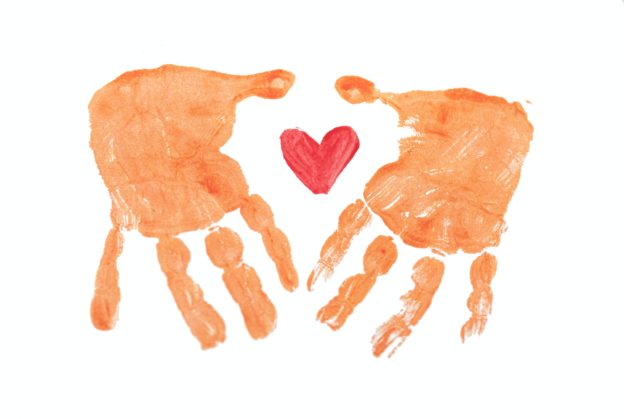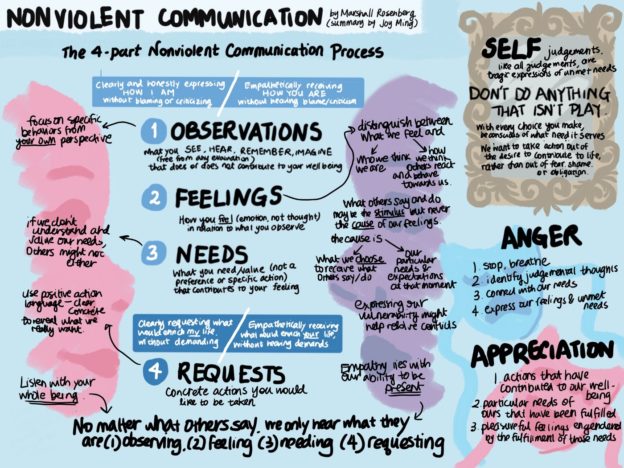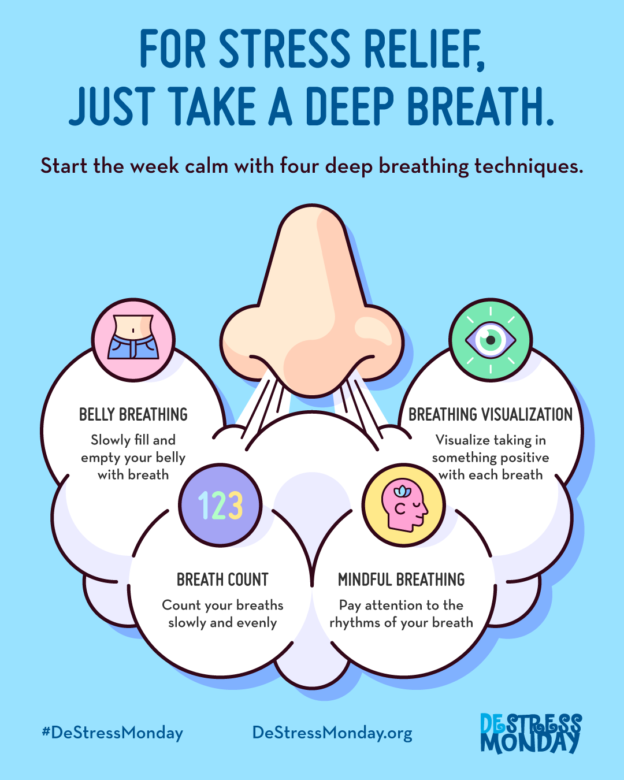6 Skills Needed to Provide Memorable Client Family Support
September 19th, 2023
Customer service and client family support are the pillars of your funeral business.
(And if you need the science and research to prove it here ya go).
If you don’t already know that, this blog offers a great opportunity to learn more about what makes great customer service.
Below we’re going to cover some of the most important skills of customer service at your funeral home, and how you can put them to practice. We hope these skills inspire your level of customer service at your funeral home!
Check them out below:
#1: Epic communication skills
If you think being a “good” communicator is good enough, think again. Client families are in their most vulnerable, tender state during the times you work with them, so it’s important to have absolutely impeccable communication skills.
We recommend taking a course on communication, or reading the book on Non Violent Communication (NVC) which helps you navigate tough moments & conflict like a champ.
Below is a breakdown of the NVC model, check it out for yourself:

#2: Emotional Intelligence
It’s one thing to fix a client family’s issue. It’s another thing to go the extra mile for them, because you put your feet in their shoes. One of our favorite examples is with the brand Chewy, a dog food brand. Although they aren’t a funeral business, this example sure is inspiring, and addresses the topic of death.
In this example, one of their customer’s dog passed away, and they had an unopened bag of dog food left. What Chewy did in response left us speechless… (find out how they responded in the image below).

We love this example because it shows that a little more effort towards serving families goes a long way. This level of customer service is what creates a lifetime loyal customer base.
#3: Deep breaths

You’ll never underestimate the power of a deep breath until you’re in a moment where a deep breath saves the day. Tensions can be high when families are planning funeral arrangements. If you notice tension or stress, one of the best things you can do is take an audible deep breath, and invite them to do the same and pause before saying anything else.
A deep breath not only helps to regulate your nervous system, but it also gives everyone a moment to take in what’s happening and find more presence. You can even invite your client families to take 1 or 3 deep breaths in a row, to regulate them. You’ll thank us later for this one!!!!
#4: The art of reflection
One of the greatest tools in the toolbelt: reflection. If a client family brings something to you, especially in a conflict, this tool is very helpful! Reflection is essentially repeating back to your client family or customer what you heard them say. It sounds stupidly simple, and it is, but who ever said simple wasn’t powerful?
When you reflect back to your client families, it ensures you understood what they said correctly. And, it helps them to clarify in themselves what they meant, too. And, sometimes, simply reflection can help resolve the issue on its own!
Here’s an example of reflection offering resolution on its own:
Client family: (visibly anxious & upset) I have no idea how I’ll manage to pay for my father’s funeral!?!?!
Funeral director: (takes a deep breath) Thanks for letting me know that. So you’re saying that you are feeling uncertain about whether you’ll be able to pay for your dad’s funeral?
Client family: That’s right. Well, actually, I do have some money in savings I could start with. Do you offer payment plans?
Funeral director: Yes we do! Let’s chat about them.
In this example, a simple reflection helped the client family realize that they didn’t actually have “no idea” how they were going to pay for the funeral. Instead, they realized they did have a little savings they could use, and the reflection helped them get inspired to ask about payment plans. These types of conversations are very common when you use reflection. Try for yourself and see.
#5: Responsibility (rather than deflection)
As we just discussed reflection above, it’s important to consider deflection, too. An example of deflection is that when a client family brings an issue they have with your funeral home or services, and you deflect it by:
- Ignoring it
- Invalidating it
- Avoiding it
- Telling them it’s their fault
- Saying it’s not your fault
- Avoiding responsibility for it
When it comes to customer service, anything other than a sincere apology or at least validating their experience is considered deflection. It’s very important to take responsibility for what is yours to take responsibility for in your funeral business. If something didn’t go well or right, own up to it, and try not to shame yourself for it.
If you don’t feel it’s your responsibility for what has happened, offering a reflection (as mentioned above) and asking what you can do to assist them is a great place to start.
A great way to take responsibility is using NVC (mentioned in the beginning of this blog) saying:
- The observation (what you heard them say)
- Repeating back the request they made or the need they have
- Offering an apology
- Saying what you can offer them/how you can support them
Try this format and let us know how you go!
#6: Lastly, the willingness to adapt and learn
Who likes talking to a stubborn know-it-all? Not us, that’s for sure! That’s why it’s so important to avoid phrases like “Ma’am, this is how we’ve always done XYZ” or “Sorry, that’s our company policy”. We think adaptability and flexibility is crucial to great customer service. Otherwise, you can potentially lose a client family for good.
When it comes to flexibility, one thing I always ask myself is: would I rather be right, or helpful? Hopefully the latter, and if so, flexibility and willingness to learn from your mistakes are foundational to being helpful.
What other skills do you feel are important to customer service at your funeral home? Let us know below!




Leave a Reply